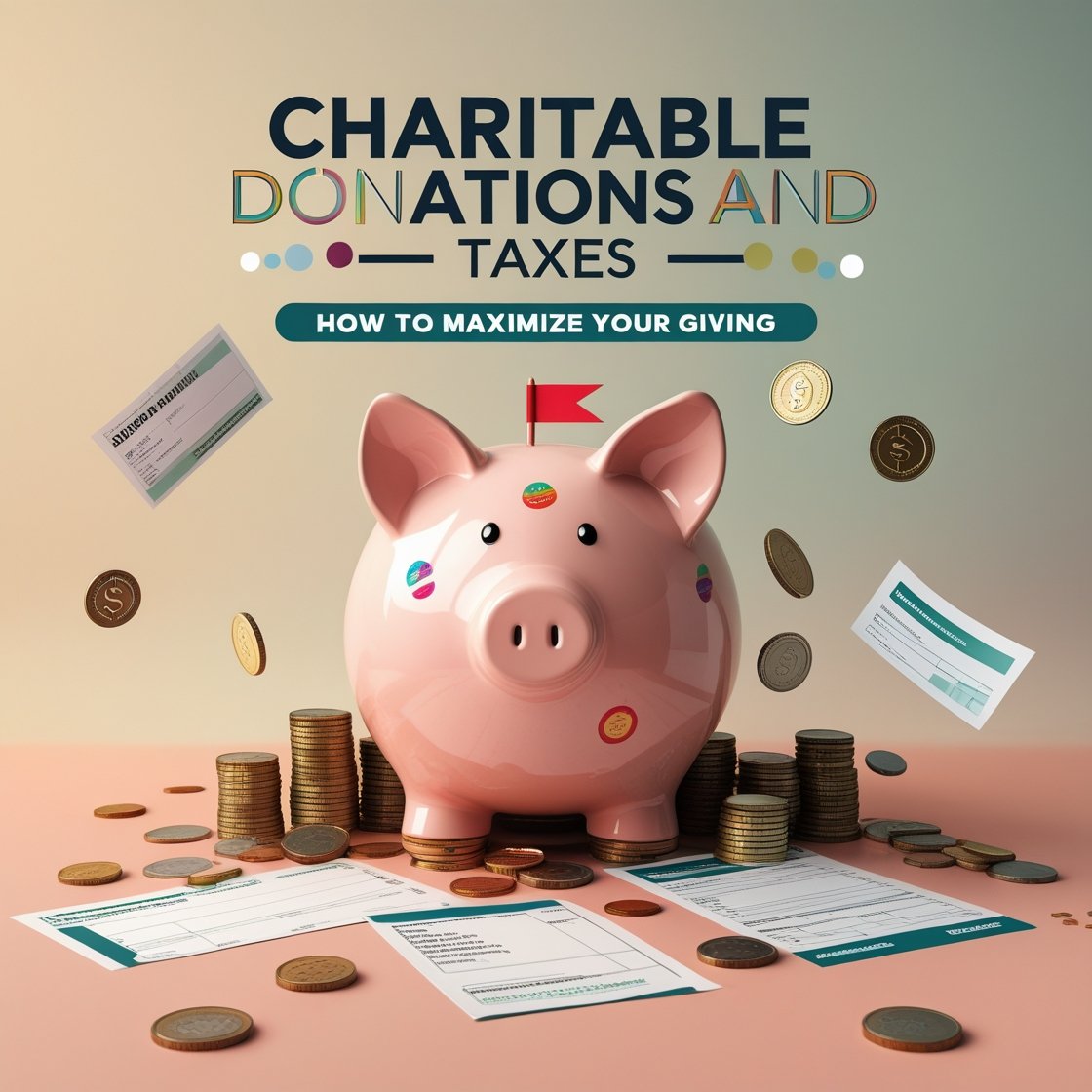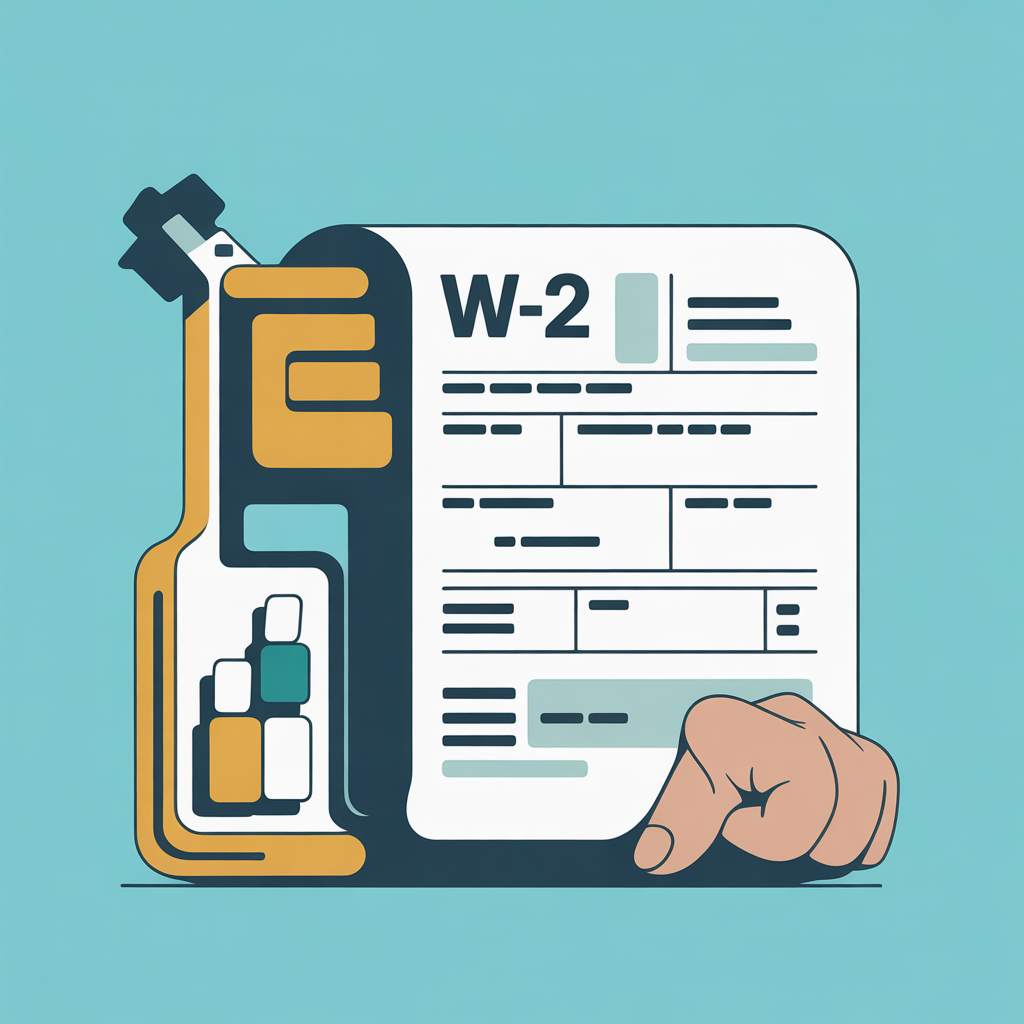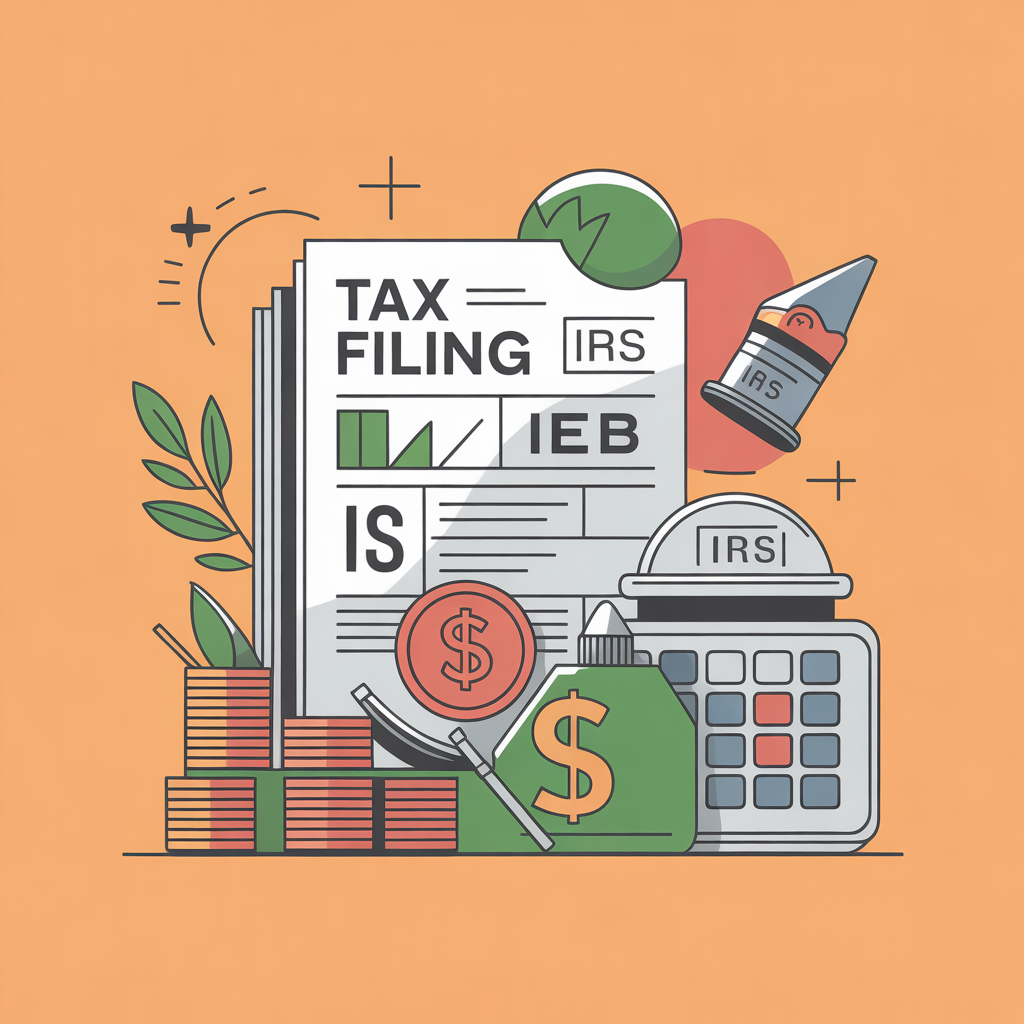Giving to charity is one of the most fulfilling ways to make a difference in your community and the world. But did you know that your generosity can also provide tax benefits? By understanding the rules around charitable donations, you can maximize both the impact of your giving and the tax savings you receive.
In this article, we’ll break down how charitable contributions affect your taxes, strategies to maximize deductions, and important things to watch out for.
- How Charitable Donations Affect Taxes
Charitable donations can be deducted on your federal income tax return if you itemize deductions (instead of taking the standard deduction). These donations reduce your taxable income, which may lower the amount of tax you owe.
Eligible donations include:
- Cash contributions (checks, credit cards, online transfers)
- Donated goods or property (clothes, furniture, cars)
- Appreciated assets (like stocks or securities)
- Out-of-pocket expenses incurred while volunteering for a qualified organization
Important: Only donations to IRS-qualified 501(c)(3) organizations are tax-deductible. Donations to individuals, political campaigns, or foreign organizations generally don’t qualify.
- Maximizing Your Tax Savings from Charitable Giving
- a) Bunching Donations
If your itemized deductions are close to the standard deduction, consider “bunching” donations into one tax year. For example, instead of donating $5,000 each year, donate $10,000 in one year and take the itemized deduction. The next year, take the standard deduction.
- b) Donating Appreciated Assets
Donating stocks or mutual funds that have increased in value can be more tax-efficient than giving cash. You avoid paying capital gains tax on the appreciation and can still deduct the fair market value of the asset.
- c) Qualified Charitable Distributions (QCDs)
If you’re 70½ or older, you can transfer up to $100,000 per year directly from your IRA to a qualified charity. This counts toward your required minimum distribution (RMD) but isn’t included in your taxable income.
- d) Keep Detailed Records
Always keep receipts, acknowledgment letters from charities, and appraisals for large donations. The IRS may disallow deductions without proper documentation.
- Common Mistakes to Avoid
- Claiming non-qualified donations (e.g., giving to a friend’s fundraiser that isn’t tax-exempt).
- Overvaluing donated goods (the IRS requires fair market value, not retail price).
- Forgetting the documentation rules (contributions over $250 require a written acknowledgment).
- How to Plan Your Charitable Giving
- Set a giving budget each year to align generosity with tax efficiency.
- Consider working with a tax advisor to explore strategies like donor-advised funds (DAFs) or charitable trusts.
- Review your donations annually to see if bunching or asset donations could maximize deductions.
Final Thoughts
Charitable giving isn’t just about reducing taxes—it’s about supporting causes that matter to you. By planning strategically, you can ensure your contributions create the greatest possible impact for the charities you love while also taking advantage of valuable tax benefits.
If you want personalized advice on how to maximize your charitable contributions, our team at RIWA Tax Services can help you structure your giving for both impact and savings.
Contact us: +1 (972)-996-6644
Email us : info@theriwa.com Visit our website : https://theriwa.com/






